Back to Courses
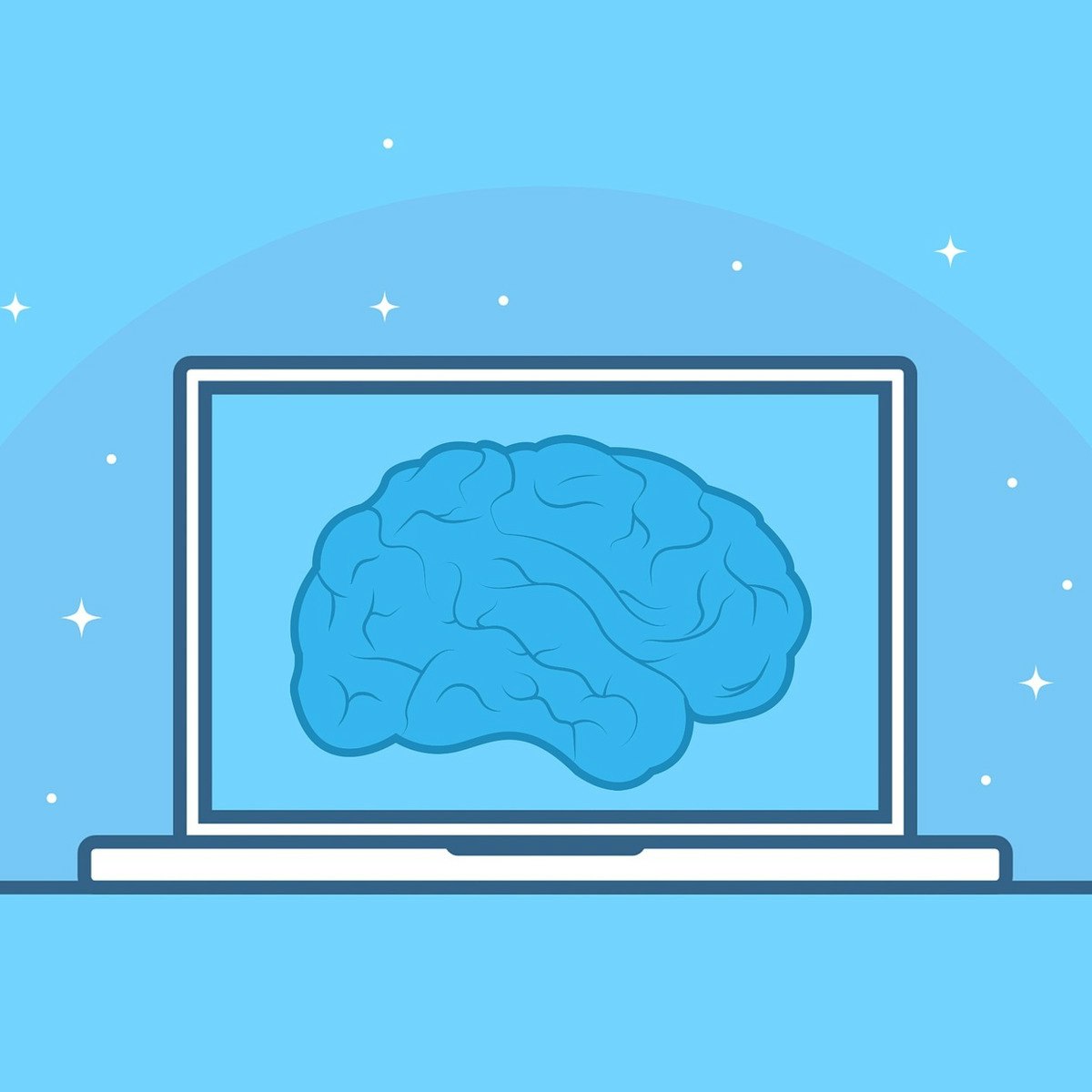
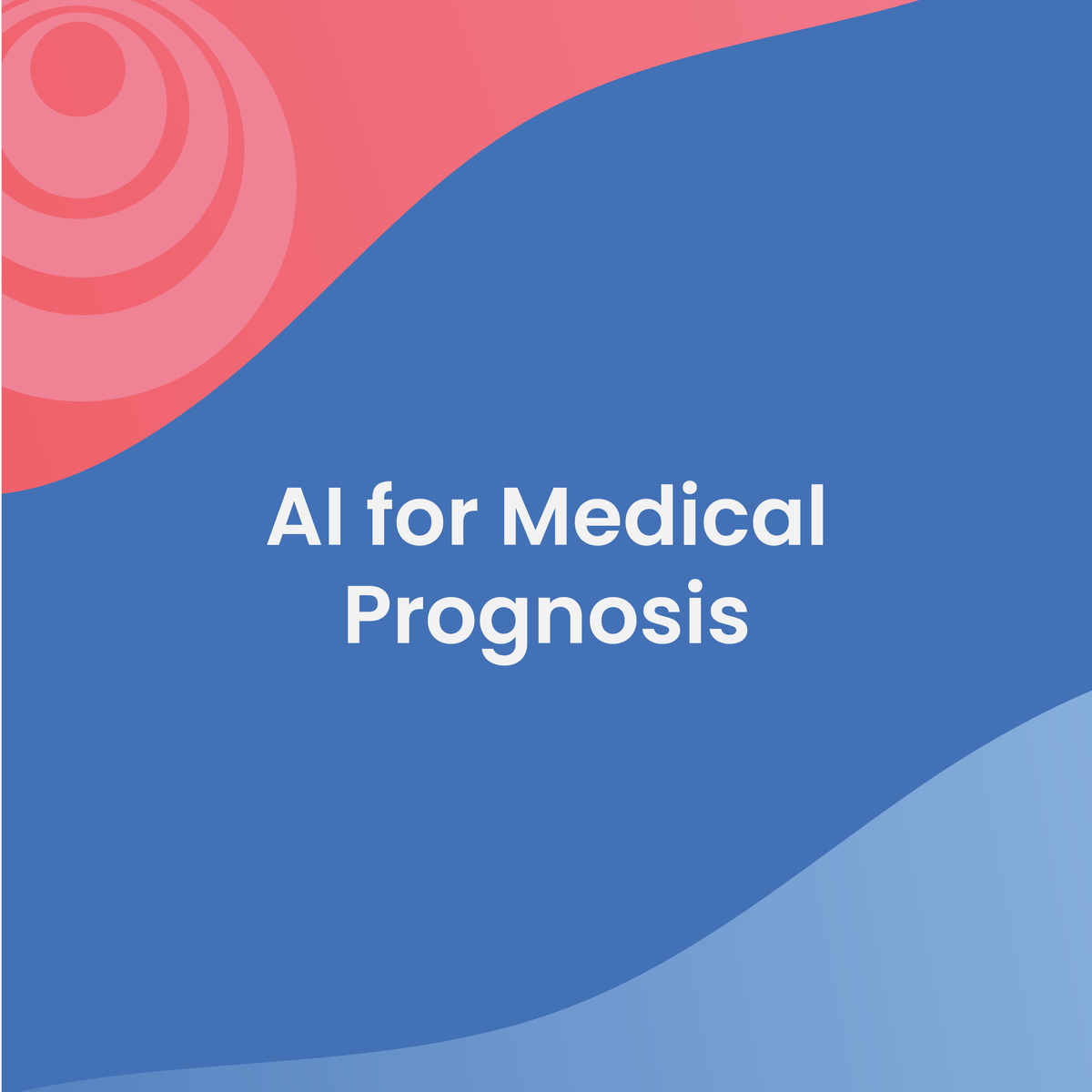
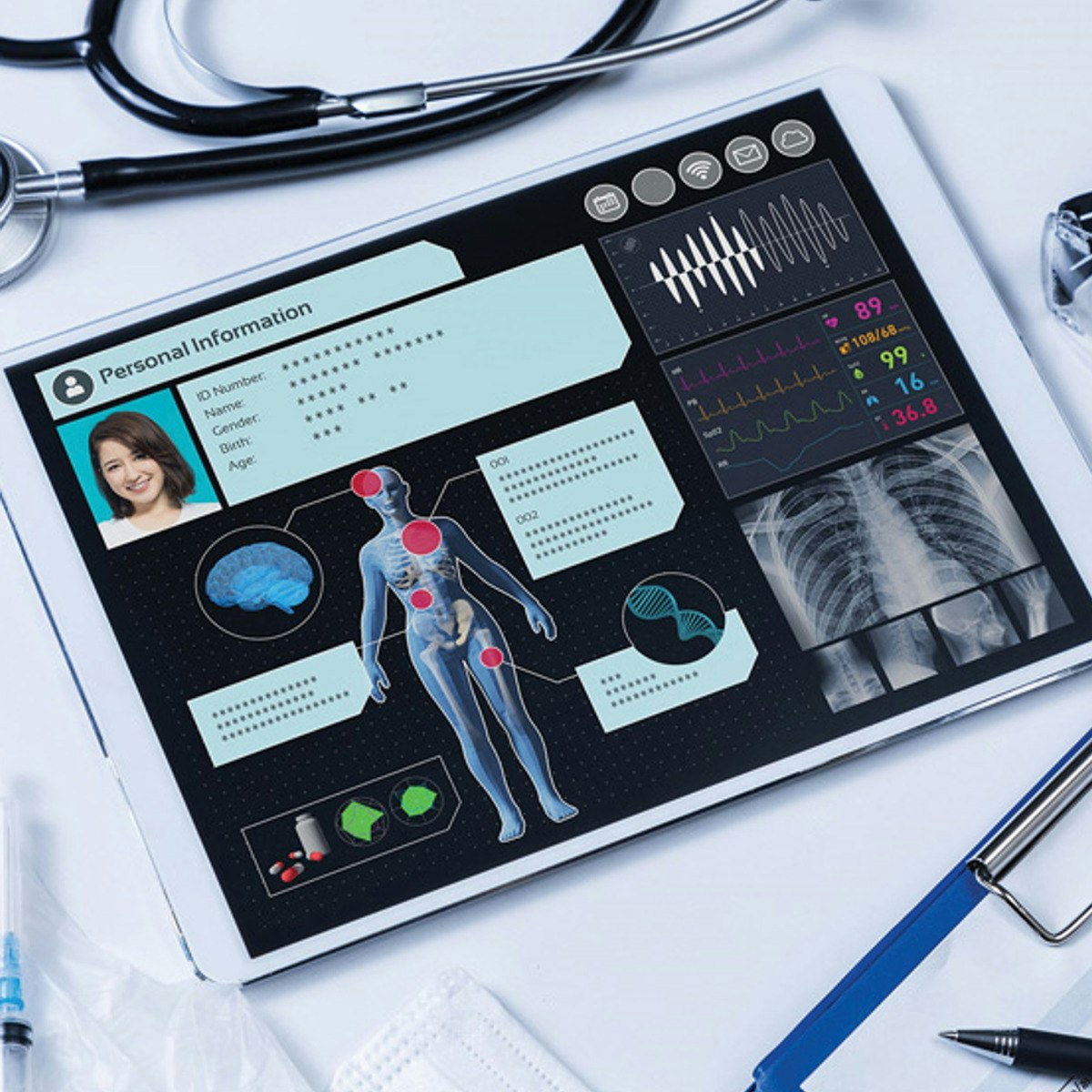
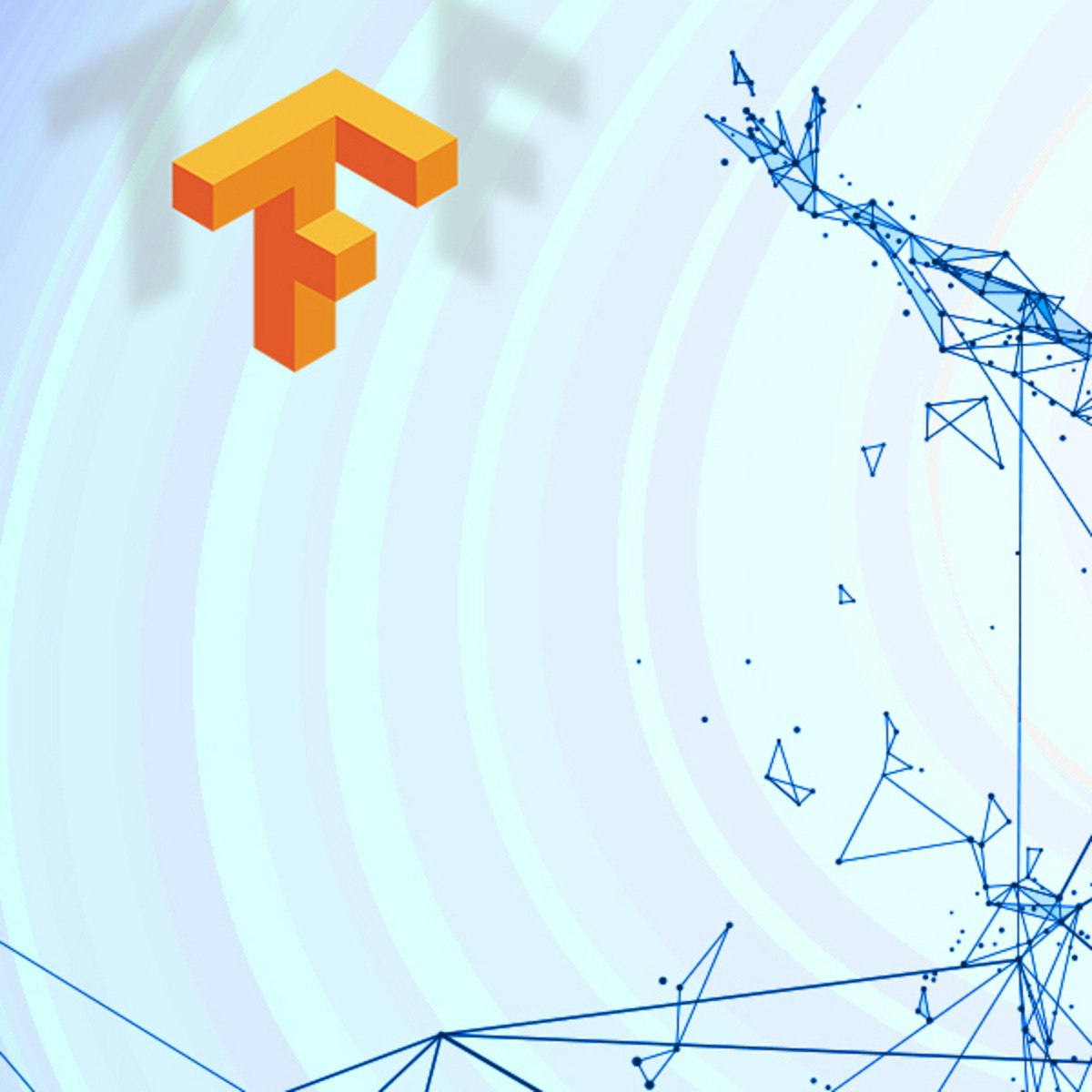
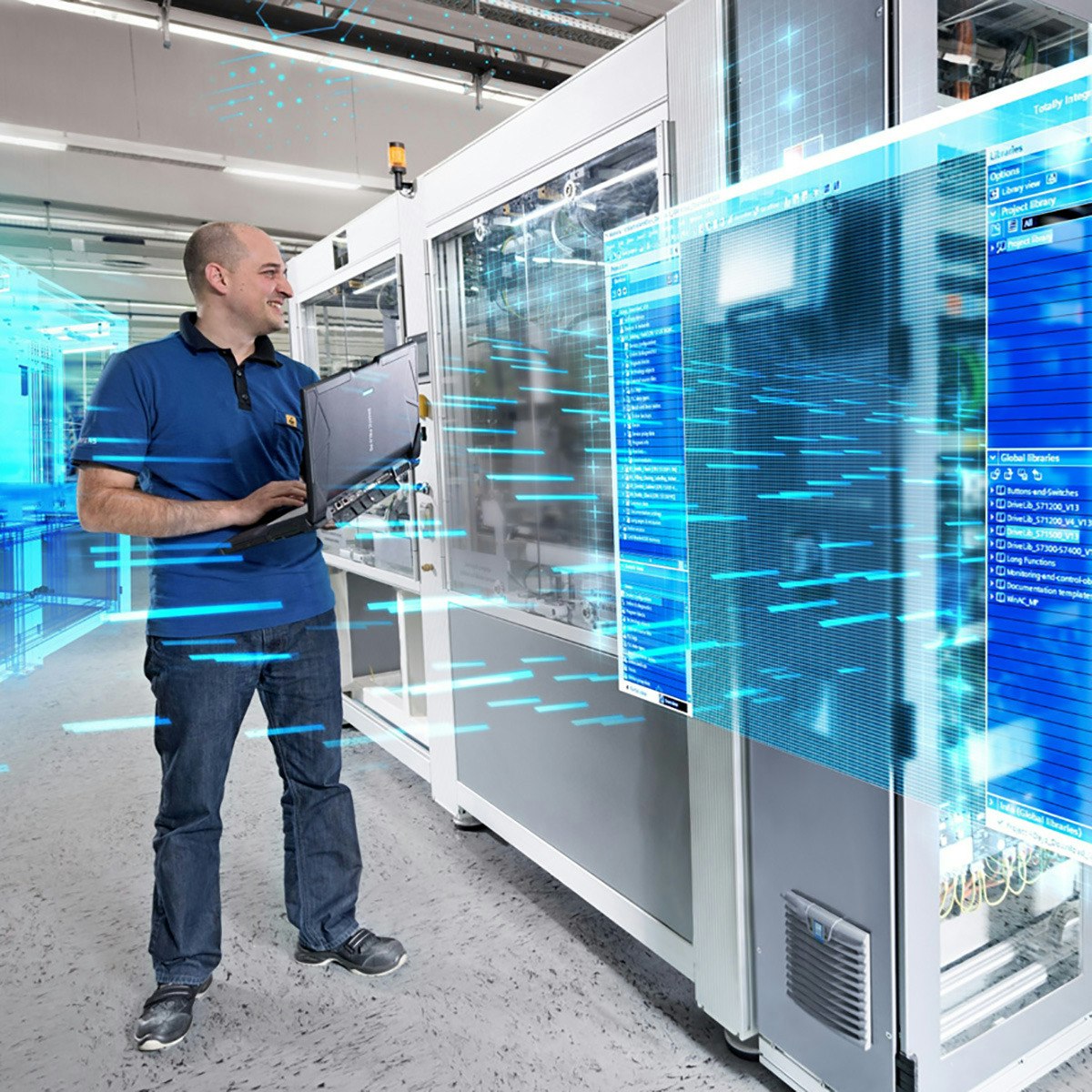
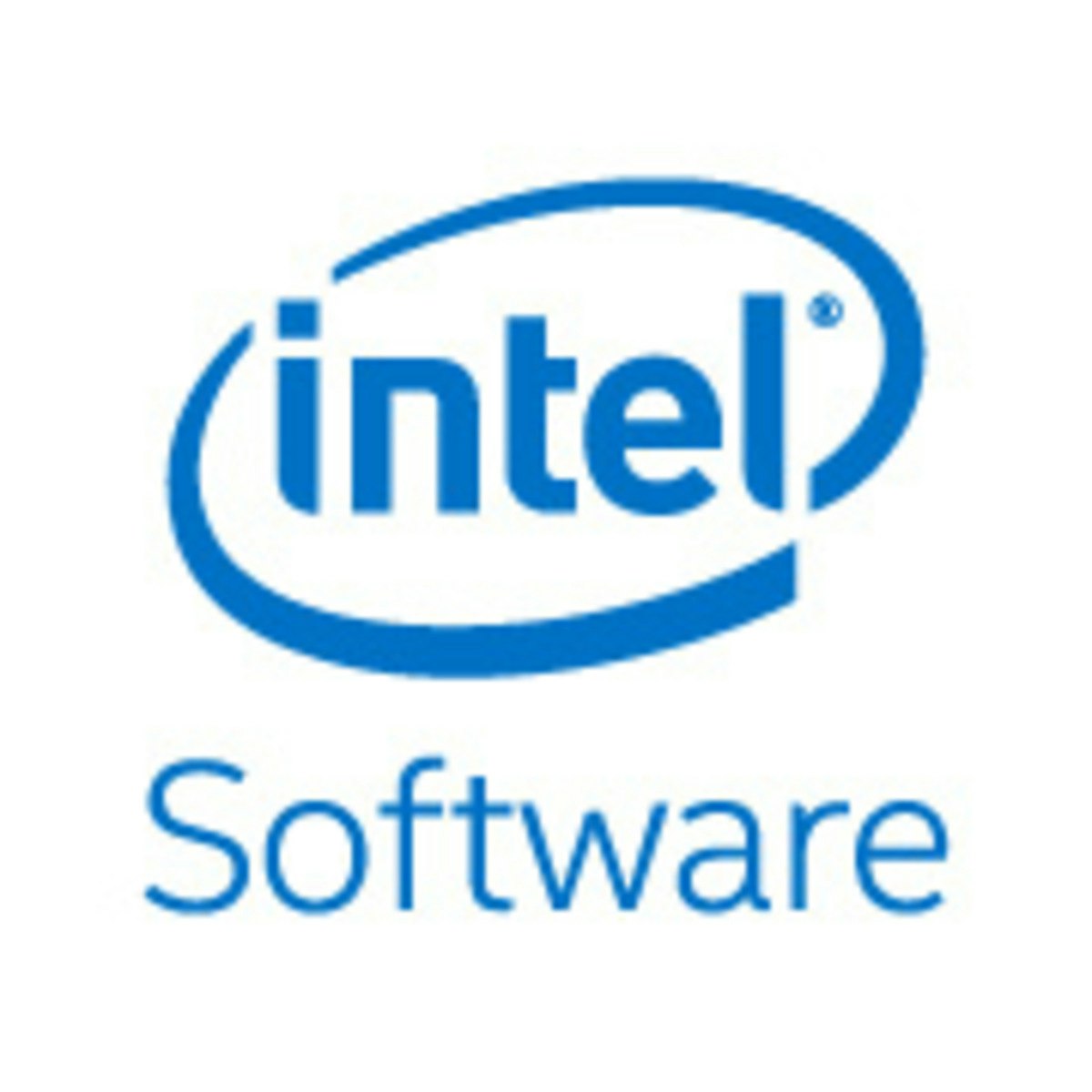



Machine Learning Courses - Page 19
Showing results 181-190 of 485

Deep Learning for Real Estate Price Prediction
In this hands-on guided project, we will predict real estate prices with deep learning. In this project, we will predict home sale prices in King County in the U.S. between May, 2014 and May, 2015 using several features such as number of bedrooms, bathrooms, view, and square footage. This guided project is practical and directly applicable to the real estate industry. You can add this project to your portfolio of projects which is essential for your next job interview.

Breast Cancer Prediction Using Machine Learning
In this 2 hours long project-based course, you will learn to build a Logistic regression model using Scikit-learn to classify breast cancer as either Malignant or Benign. We will use the Breast Cancer Wisconsin (Diagnostic) Data Set from Kaggle. Our goal is to use a simple logistic regression classifier for cancer classification. We will be carrying out the entire project on the Google Colab environment. You will need a free Gmail account to complete this project. Please be aware of the fact that the dataset and the model in this project, can not be used in real-life. We are only using this data for educational purposes.
By the end of this project, you will be able to build the logistic regression classifier to classify between cancerous and noncancerous patients. You will also be able to set up and work with the Google colab environment. Additionally, you will also be able to clean and prepare data for analysis.
You should be familiar with the Python Programming language and you should have a theoretical understanding of the Logistic Regression algorithm. You will need a free Gmail account to complete this project.
Note: This course works best for learners who are based in the North America region. We’re currently working on providing the same experience in other regions.

AI for Medical Prognosis
AI is transforming the practice of medicine. It’s helping doctors diagnose patients more accurately, make predictions about patients’ future health, and recommend better treatments. This Specialization will give you practical experience in applying machine learning to concrete problems in medicine.
Machine learning is a powerful tool for prognosis, a branch of medicine that specializes in predicting the future health of patients. In this second course, you’ll walk through multiple examples of prognostic tasks. You’ll then use decision trees to model non-linear relationships, which are commonly observed in medical data, and apply them to predicting mortality rates more accurately. Finally, you’ll learn how to handle missing data, a key real-world challenge.
These courses go beyond the foundations of deep learning to teach you the nuances in applying AI to medical use cases. This course focuses on tree-based machine learning, so a foundation in deep learning is not required for this course. However, a foundation in deep learning is highly recommended for course 1 and 3 of this specialization. You can gain a foundation in deep learning by taking the Deep Learning Specialization offered by deeplearning.ai and taught by Andrew Ng.
Deep learning in Electronic Health Records - CDSS 2
Overview of the main principles of Deep Learning along with common architectures. Formulate the problem for time-series classification and apply it to vital signals such as ECG. Applying this methods in Electronic Health Records is challenging due to the missing values and the heterogeneity in EHR, which include both continuous, ordinal and categorical variables. Subsequently, explore imputation techniques and different encoding strategies to address these issues. Apply these approaches to formulate clinical prediction benchmarks derived from information available in MIMIC-III database.

Building Deep Learning Models with TensorFlow
The majority of data in the world is unlabeled and unstructured. Shallow neural networks cannot easily capture relevant structure in, for instance, images, sound, and textual data. Deep networks are capable of discovering hidden structures within this type of data. In this course you’ll use TensorFlow library to apply deep learning to different data types in order to solve real world problems.
Learning Outcomes:
After completing this course, learners will be able to:
• explain foundational TensorFlow concepts such as the main functions, operations and the execution pipelines.
• describe how TensorFlow can be used in curve fitting, regression, classification and minimization of error functions.
• understand different types of Deep Architectures, such as Convolutional Networks, Recurrent Networks and Autoencoders.
• apply TensorFlow for backpropagation to tune the weights and biases while the Neural Networks are being trained.

MBSE: Model-Based Systems Engineering
This Model-Based Systems Engineering (MBSE) course and the Digital Thread courses featured earlier in this specialization bring together the concepts from across digital manufacturing and design, forming a vision in which the geometry of a product is just one way of describing it. MBSE is where the model resulting from the evolution of system requirements, design, analysis, verification and validation activities is the focus of design and manufacturing. Students will gain an understanding of systems engineering, the model-based approach to design and manufacturing, the Digital Twin, and a roadmap toward a model-based enterprise.
Students will be able to explain the value and expectations of systems engineering and model-based systems engineering, and the underlying motivations and opportunities represented by a model-based enterprise. They will develop the knowledge necessary to perform a baseline assessment of an organization’s potential to leverage MBSE.
Main concepts of this course will be delivered through lectures, readings, discussions and various videos.
This is the eighth course in the Digital Manufacturing & Design Technology specialization that explores the many facets of manufacturing’s “Fourth Revolution,” aka Industry 4.0, and features a culminating project involving creation of a roadmap to achieve a self-established DMD-related professional goal. To learn more about the Digital Manufacturing and Design Technology specialization, please watch the overview video by copying and pasting the following link into your web browser: https://youtu.be/wETK1O9c-CA

An Introduction to Practical Deep Learning
This course provides an introduction to Deep Learning, a field that aims to harness the enormous amounts of data that we are surrounded by with artificial neural networks, allowing for the development of self-driving cars, speech interfaces, genomic sequence analysis and algorithmic trading.
You will explore important concepts in Deep Learning, train deep networks using Intel Nervana Neon, apply Deep Learning to various applications and explore new and emerging Deep Learning topics.

Tweet Emotion Recognition with TensorFlow
In this 2-hour long guided project, we are going to create a recurrent neural network and train it on a tweet emotion dataset to learn to recognize emotions in tweets. The dataset has thousands of tweets each classified in one of 6 emotions. This is a multi class classification problem in the natural language processing domain. We will be using TensorFlow as our machine learning framework.
You will need prior programming experience in Python. This is a practical, hands on guided project for learners who already have theoretical understanding of Neural Networks, recurrent neural networks, and optimization algorithms like gradient descent but want to understand how to use the Tensorflow to start performing natural language processing tasks like text classification. You should also have some basic familiarity with TensorFlow.
Note: This course works best for learners who are based in the North America region. We’re currently working on providing the same experience in other regions.

Digital Thread: Implementation
There are opportunities throughout the design process of any product to make significant changes, and ultimately impact the future of manufacturing, by embracing the digital thread. In this course, you will dig into the transformation taking place in how products are designed and manufactured throughout the world. It is the second of two courses that focuses on the "digital thread" – the stream that starts at the creation of a product concept and continues to accumulate information and data throughout the product life cycle.
Hear about the realities of implementing the digital thread, directly from someone responsible for making it happen at a company. Learn how the digital thread can fit into product development processes in an office, on a shop floor, and even across an enterprise. Be prepared to talk about the benefits, and limitations, of enacting it.
Main concepts of this course will be delivered through lectures, readings, discussions and various videos.
This is the third course in the Digital Manufacturing & Design Technology specialization that explores the many facets of manufacturing’s “Fourth Revolution,” aka Industry 4.0, and features a culminating project involving creation of a roadmap to achieve a self-established DMD-related professional goal. To learn more about the Digital Manufacturing and Design Technology specialization, please watch the overview video by copying and pasting the following link into your web browser: https://youtu.be/wETK1O9c-CA

Demand Forecasting Using Time Series
This course is the second in a specialization for Machine Learning for Supply Chain Fundamentals. In this course, we explore all aspects of time series, especially for demand prediction. We'll start by gaining a foothold in the basic concepts surrounding time series, including stationarity, trend (drift), cyclicality, and seasonality. Then, we'll spend some time analyzing correlation methods in relation to time series (autocorrelation). In the 2nd half of the course, we'll focus on methods for demand prediction using time series, such as autoregressive models. Finally, we'll conclude with a project, predicting demand using ARIMA models in Python.
Popular Internships and Jobs by Categories
Browse
© 2024 BoostGrad | All rights reserved


